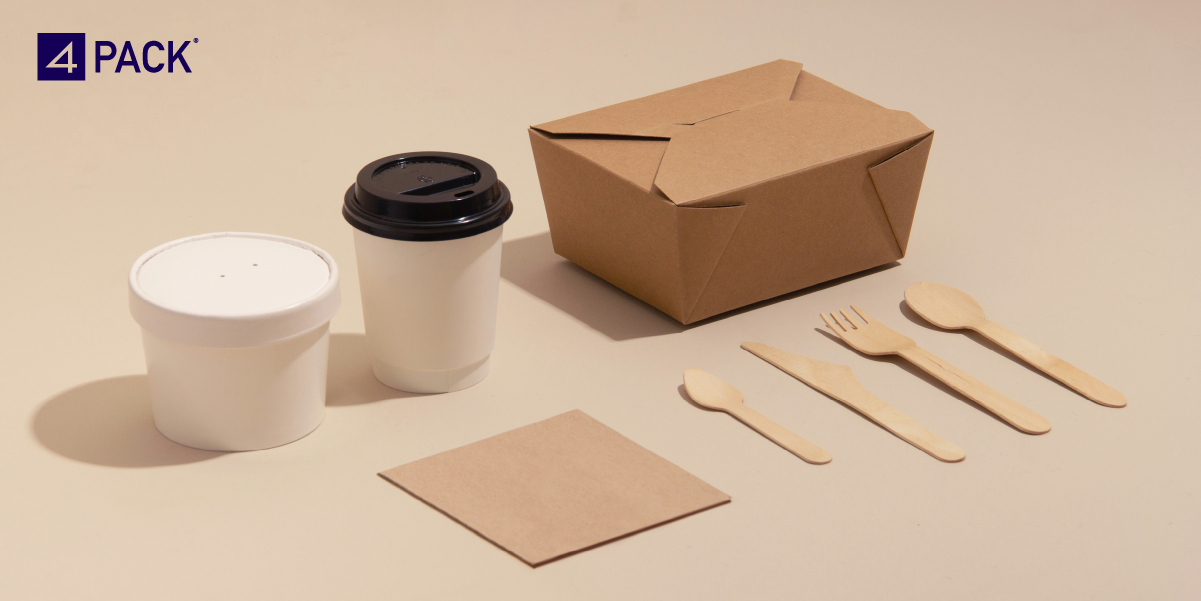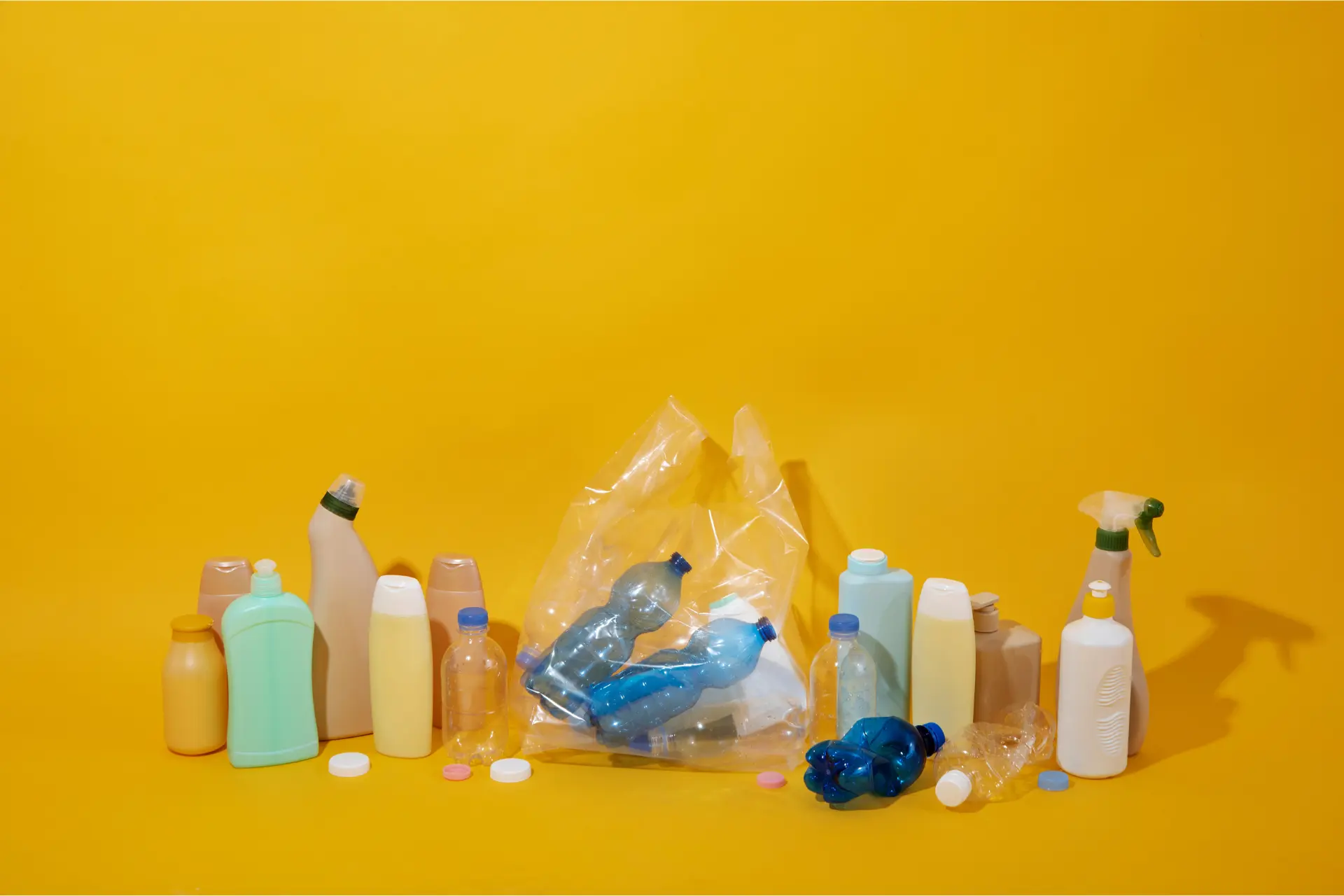Introduction
Deposit Return Schemes (DRS) for drinks containers have been a topic of discussion in the UK for some time now, with the government making strides towards their implementation. The recent announcement by the UK government on April 25, 2024, marks a significant update on the progress of DRS, outlining the next steps and reaffirming the commitment to deliver this vital project. This article delves into the latest developments regarding Deposit Return Schemes in the UK, shedding light on the upcoming changes and their implications.
Understanding Deposit Return Schemes
Deposit Return Schemes (DRS) are initiatives that incentivise the recycling of drinks containers by offering consumers a refundable deposit when they return empty containers for recycling. The scheme operates on the principle of encouraging responsible disposal of single-use packaging while promoting recycling efforts.
History of Deposit Return Schemes in the UK
The journey of DRS in the UK is one of gradual evolution and deliberation. Over the years, various discussions and consultations have shaped the landscape of DRS, leading to the current state of affairs. Milestones and key developments have paved the way for the forthcoming implementation of DRS across the nation.
Current State of Deposit Return Schemes in the UK
While Deposit Return Schemes are not entirely new to the UK, their implementation on a national scale is yet to be undertaken. However, there have been successful pilot schemes and initiatives in certain regions, providing valuable insights into the efficacy and challenges of DRS.
In response to the growing need for sustainable waste management solutions, the UK government has been proactive in formulating regulations pertaining to DRS. The recent announcement on April 25, 2024, reaffirms the government’s commitment to implementing DRS nationwide by October 2027. Additionally, policy statements have been issued to ensure alignment across the UK on various policy areas. This includes joint registration, reporting, labelling, reciprocal returns, deposit level, minimum container size, and low volume products. Furthermore, there is specific attention on glass drinks containers, with a dedicated statement outlining the government’s stance on this matter.
Impact of Deposit Return Schemes
- Environmental Impact: The introduction of Deposit Return Schemes is understood to have a significant positive impact on the environment. By incentivising recycling and reducing the prevalence of single-use packaging, DRS can contribute to the reduction of litter and plastic pollution, thereby promoting a cleaner and healthier environment.
- Economic impact: From an economic perspective, DRS can bring about both costs and benefits for businesses and consumers alike. While the initial implementation may incur costs, the long-term benefits in terms of reduced waste management expenses and enhanced resource efficiency can outweigh the initial investment. Additionally, DRS can create new opportunities for the recycling industry and stimulate innovation in waste management practices.
- Social Impact: Deposit Return Schemes have the potential to foster a culture of sustainability and responsibility among consumers. By encouraging individuals to actively participate in recycling efforts, DRS can raise awareness about the environmental consequences of single-use packaging and empower consumers to make informed choices.
Future Outlook on Deposit Return Schemes In The UK
Looking ahead, there are plans to expand Deposit Return Schemes to new regions or products, furthering the reach and impact of these initiatives. The government’s commitment to delivering DRS nationwide by October 2027 signals a promising future for sustainable waste management practices in the UK.
Advancements in technology will play a crucial role in enhancing the efficiency and effectiveness of Deposit Return Schemes. From digital solutions for registration and reporting to innovations in recycling technologies, technology will be instrumental in driving the success of DRS in the years to come.
Challenges and Opportunities
While Deposit Return Schemes present numerous benefits, they also pose certain challenges, particularly in terms of logistics and operational implementation. Addressing these challenges will require collaboration and innovation across various sectors. However, these challenges also present opportunities for improvement and innovation, encouraging stakeholders to work together towards achieving common goals.
DRS In Scotland
Scotland sought to be the first constituent part of the United Kingdom to administer a DRS scheme. However, it’s botched handling has seen it riven with controversy – particularly amongst the hospitality sector.
Scotland’s DRS was initially scheduled for implementation in 2025 has been postponed until 2027. This delay aligns with the rollout of DRS across all four nations of the UK. The UK government, along with devolved administrations in Scotland, Wales, and Northern Ireland, has affirmed plans for a unified launch of DRS in October 2027, comprising three separate schemes.
While one scheme will cover England and Northern Ireland, individual schemes will be in-place in Scotland and Wales. Additionally, the recent update indicates a shift in requirements for hospitality venues. There is no longer a mandate that requires them to serve as return points, but can do so voluntarily.
What Manufacturers Must Be Aware Of
To ensure compliance with the Deposit Return Scheme (DRS) upon its launch, manufacturers need to be ready for several key requirements and considerations:
- Product Labelling: Manufacturers must ensure that all relevant products have correct labels to indicate their participation in the DRS. This includes providing information about the deposit value and instructions for returning containers.
- Deposit Collection System: Manufacturers need to establish or participate in a deposit collection system to facilitate the return and refund process for consumers. This may involve collaborating with designated return points or implementing reverse vending machines.
- Data Reporting: Manufacturers must report data on the sale and return of deposit-bearing containers to regulatory authorities. This includes tracking the volume of containers sold, returned, and recycled.
- Deposit Redemption: Manufacturers must establish procedures for redeeming deposits on returned containers. This involves handling refunds to consumers or reimbursing return points for collected deposits.
- Compliance with Regulations: Manufacturers must comply with all relevant regulations and guidelines set forth by regulatory authorities regarding DRS implementation. This includes adhering to minimum deposit levels, container size requirements, and other specified standards.



